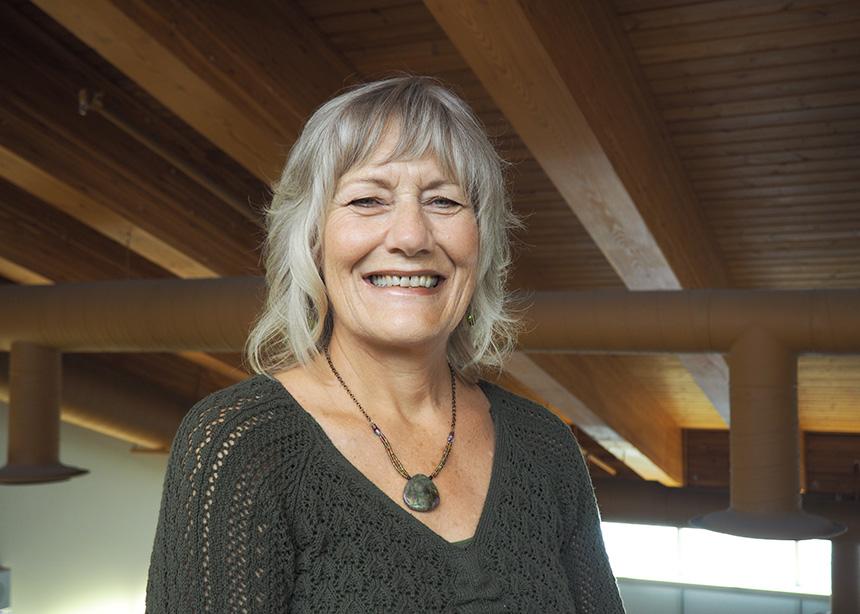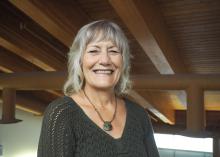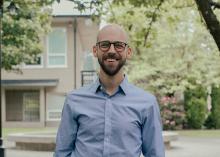How to disagree well with fellow Christians was the topic of a forum held at Columbia Bible College (CBC) in Abbotsford, B.C., last month.
The Sept. 21 event, titled “Polarization and Disagreement in the Church,” was sponsored by the Faith in Today’s Church task group of Mennonite Church B.C.
The first presenter was Jesse Nickel, a biblical studies professor at CBC and member of Level Ground Mennonite Church. “The major point I hope you take from this presentation is that one of God’s most important works is the creation of community,” he said.
Referring to Ephesians 2:14-18, Nickel noted that the word “peace” is used four times, and that peace was at the heart of Jesus’ ministry. “The gospel is not just about being reconciled to God, but reconciled to each other,” he said. “God has made peace, and Jesus is its very embodiment.”
Darnell Barkman, pastor of Yarrow United Mennonite Church, talked about the practical side of peacemaking as he posed the question, “How do we do conflict practically?”
Barkman related his experience working in the Philippines with Mennonite Church Canada Witness. In gathering with Muslim leaders there, Barkman said, “We’re witnesses of Christ. We come as Christians with a message of peace,” even while being met with suspicion and mistrust.
“Our work that bore fruit was the result of many cups of coffee and listening,” he concluded.
The third presentation, given by Lydia Fawcett of Mennonite Central Committee B.C.’s End Abuse program, focused on power. “How ought we to think about the use of power when disagreement arises in the church?” she asked.
Fawcett described three kinds of power. Personal power is the inherent right to be treated with respect and dignity; role power is earned or assigned and carries an increased amount of influence and responsibility, depending on one’s station in life; and status power is enhanced personal power that is culturally conferred and comes with unearned privileges.
“Most folks haven’t considered [power] as something we have,” she said. “Give someone a lot of power and it goes to their head—it just does.” She urged people to ask, “If I am in power, what do I do with it? We need to balance power with heart.”
Following the presentations, participants gathered in small groups to discuss reconciliation, humility and using power to do good rather than harm.
Organizers were encouraged by the number of people who participated in the forum and hope to sponsor more events in the future, according to Gerry Binnema, a member of the Faith in Today’s Church task group.
“The choice of this topic was simply borne out of our current lived experience of having people with starkly different opinions on a variety of topics in our congregations,” Binnema said in an email. “The challenge for the pastor is to be authentic, but also kind, and not create divisions that have nothing to do with the gospel.”
Visit www.bit.ly/paditc to watch a recording of the event.






Add new comment
Canadian Mennonite invites comments and encourages constructive discussion about our content. Actual full names (first and last) are required. Comments are moderated and may be edited. They will not appear online until approved and will be posted during business hours. Some comments may be reproduced in print.